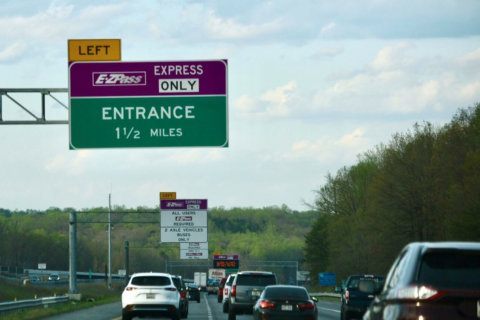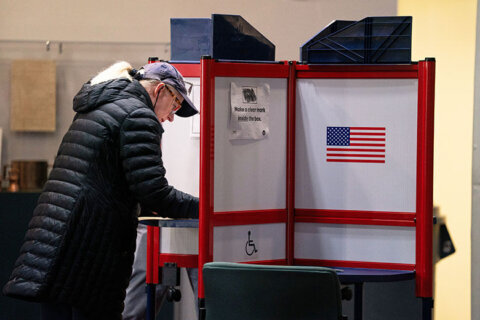A proposed delay in U.S. Census counts due to COVID-19 could force major changes to Virginia General Assembly races next year by preventing the 2021 House of Delegates elections from being held under newly drawn lines.
President Donald Trump’s administration said Monday it wants to extend its suspension of all census field operations until at least June 1 as a coronavirus protection measure. It also wants to delay completing the count until Oct. 31 and delay the final state-level results needed for redistricting by at least four months to July 31, 2021.
There could be even more delays if federal, state and local public health directives continue.
“The Oversight Committee will carefully examine the administration’s request, but we need more information that the administration has been unwilling to provide,” Chairwoman Rep. Carolyn Maloney, a Democrat, said in a statement.
The delay would make it nearly impossible for Virginia to hold its fall 2021 House of Delegates elections as expected using new lines, because drawing the maps is a complicated process that includes several stages and must be done well before Election Day.
It’s a rush even in normal years to get local, state and congressional lines in place, voting precincts reset and ballots issued on time.
Lines must be in place in time to hold primaries and to print and send absentee ballots well ahead of the primaries and general elections to military and overseas voters, among others.
- Sign up for news alerts from WTOP
- Northern Va. hospitals could be overwhelmed by late summer, latest state models project
- Coronavirus timeline: Key dates as the virus spread in DC, Maryland and Virginia
- Just a strong suggestion: Va. governor won’t require coronavirus masks for public
- Coronavirus test results in D.C., Maryland and Virginia
- Coronavirus FAQ: What you need to know
If this census result delay does happen, it means the 2021 elections in Virginia, Kentucky, Louisiana and New Jersey could be held under existing lines, and new maps would have to be drawn later.
Places like Maryland and D.C. are less impacted by a delay, because they do not hold any of their most significant elections in odd-numbered years.
The delay could also, at least theoretically, open the door for more significant changes to a proposed amendment to Virginia’s constitution going to voters this fall.
Constitutional amendments must pass the General Assembly twice — with a House election in between — before they can go to voters for a final up or down vote.
Significant further delays to the census results could mean there is time to put a different version to voters, since it is unclear when the redistricting data would actually be delivered.
The current plan on the ballot in November would provide for a bipartisan redistricting commission essentially giving Democrats and Republicans equal power. It was the only version of a redistricting amendment that the legislature could pass in a Republican-led House in 2019.
This year, many black lawmakers and, late in the session, a number of others emphasized their significant concerns about the proposal’s lack of guaranteed representation for minority groups, the lack of a truly independent panel and new powers given to the Supreme Court of Virginia to draw lines if there’s a dispute.
Still, majorities in each chamber approved sending the measure to voters.
If the amendment is approved, it gives the new commission 45 days from the time the state receives census data to submit House of Delegates District lines and 60 days for Congressional lines. In a normal year, the commission would get more time, with a July 1 deadline.
The General Assembly would then get 15 days to vote on the plan. If it is rejected, the commission could submit a second plan two weeks later.
If the second plan is not adopted within a week, then the Supreme Court of Virginia would draw the lines on its own.
If the commission never submits a plan, then the Supreme Court of Virginia would also draw the lines on its own.







